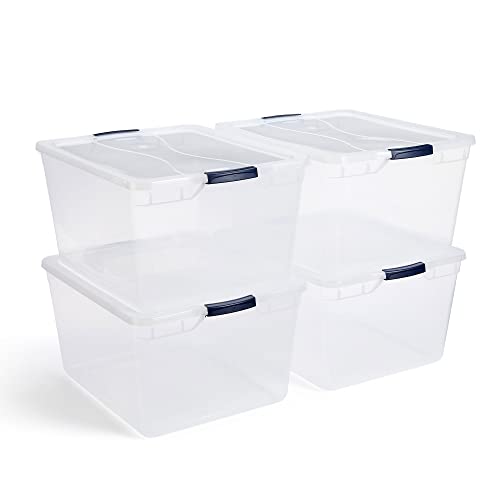15 things you should never store in your basement – and why
Avoid damp and damage by storing these items away from your basement, say experts

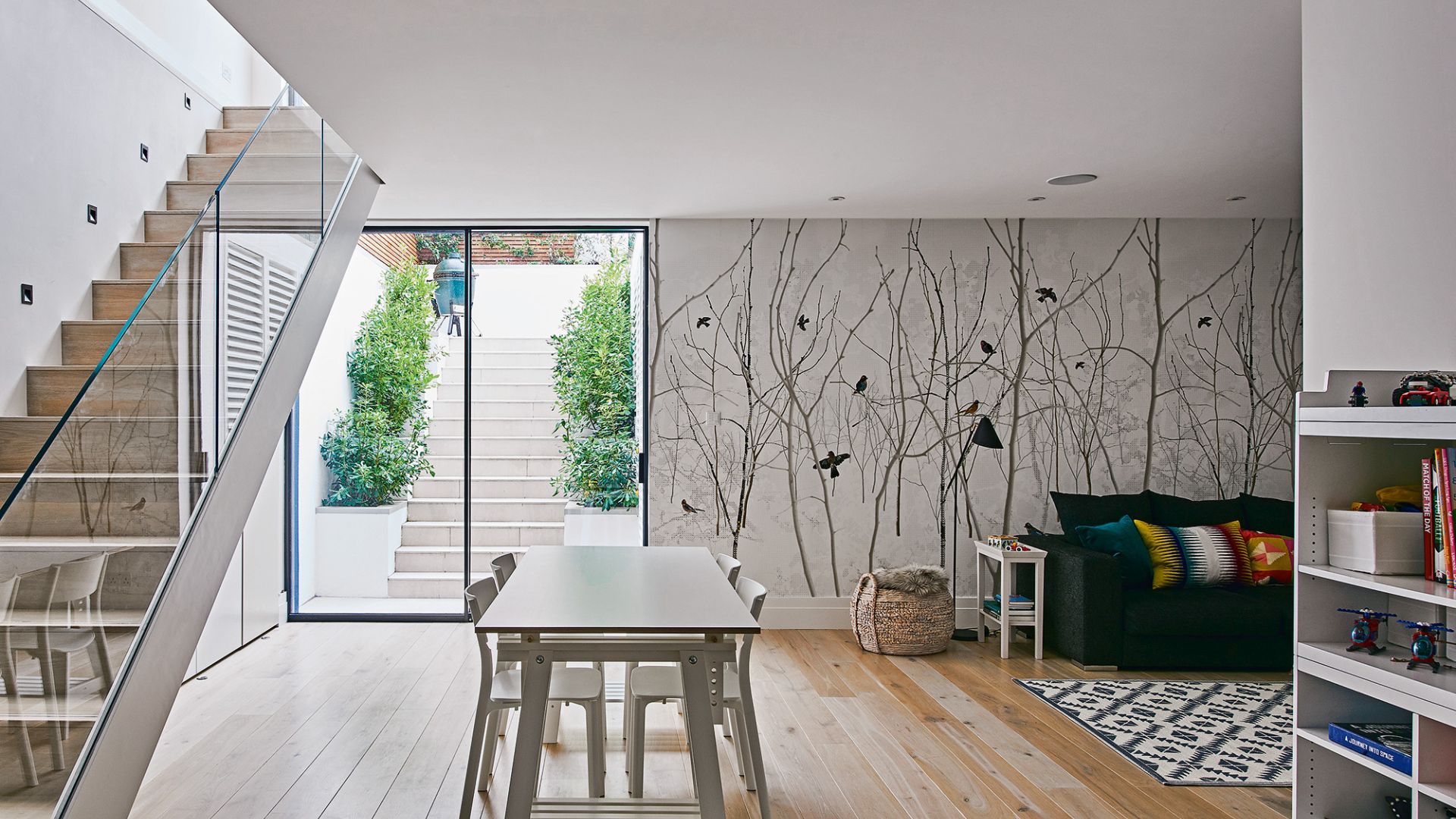
- 1. Cleaning supplies
- 2. Documents and photos
- 3. Clothing and fabrics
- 4. Cardboard boxes
- 5. Electronics
- 6. Lawnmowers and power tools
- 7. Exercise equipment
- 8. Wooden furniture
- 9. Propane tanks or gasoline
- 10. Wood and charcoal
- 11. Books
- 12. Wine
- 13. Artwork and antiques
- 14. Medicines and medical supplies
- 15. Batteries
- Can I store bedding in a basement?
Much like a loft, a basement is a convenient storage solution for all the unused items you want to hang on to, allowing you to maximize your square footage elsewhere and cut the clutter from the living areas of your home.
However, what to store in a basement will depend largely on the specific conditions found below ground. As basements often features low ceilings and minimal natural light, items such as photographs, electronics and tools can become damaged, particularly if yours is unfinished, without climate control.
We’ve spoken to professional organizers and experts to hear their thoughts, so you can bring your basement ideas to life and make the most of your basement with this expert guide.
15 things you should never store in your basement
1. Cleaning supplies
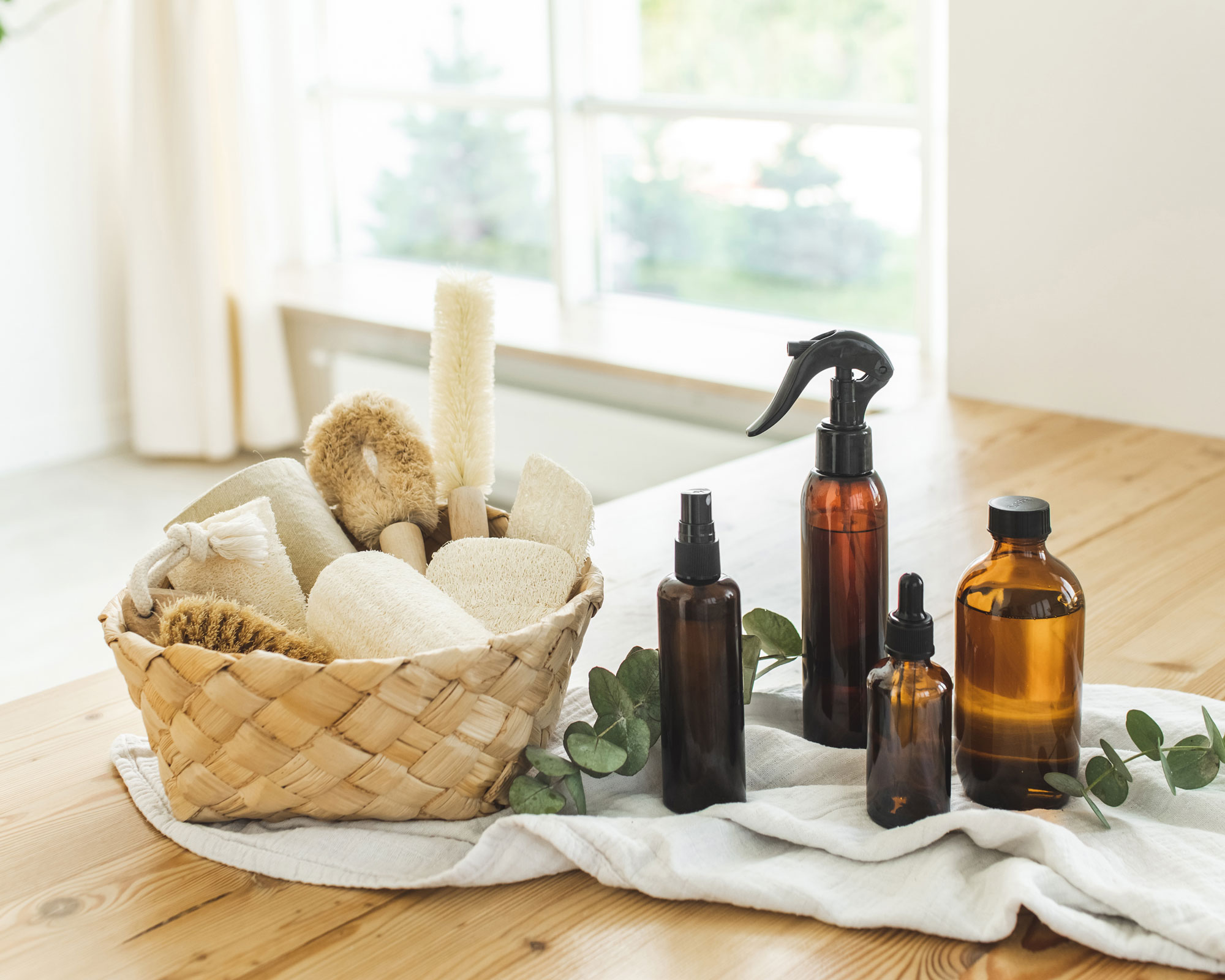
Cleaning supplies contain chemicals which can be potentially dangerous to store in a basement without climate control.
‘Bleach and other chemical cleaning agents need to be stored in a cool and dry space because they can explode when they’re exposed to high temperatures and pressure,’ says removals and storage expert and coordinator at Fantastic Service, Nikolay Yanakiev. ‘If you store them in a the basement, they can become a safety hazard because certain chemicals can interact with each other.’
In order to avoid this, store your cleaning supplies to maximise efficiency upstairs where you can keep a closer eye on their state. Items popped in a basement can be easily forgotten leading to risk of corrosion or reaction unchecked.
2. Important documents and photographs
Avoid storing vital documents and photographs in your basement, particularly those that are irreplaceable, either for sentimental or legal reasons.
Design expertise in your inbox – from inspiring decorating ideas and beautiful celebrity homes to practical gardening advice and shopping round-ups.
‘Important documents and photographs are at risk of getting ruined by dampness, mold, or pests,’ says Di Ter Avest, professional organizer and founder of Diisorganized. Photographs may also stick together, or fade in adverse conditions, meaning priceless memories can be ruined.
Therefore, these items should be safely filed for easy access, and to protect them from damage. Try a plastic box dedicated to the purpose such as Amazon's Choice Photo Storage Keeper which has individual clear packs to store pictures and a lid-top box to keep the interior dry and damp-free.
3. Clothing and fabrics
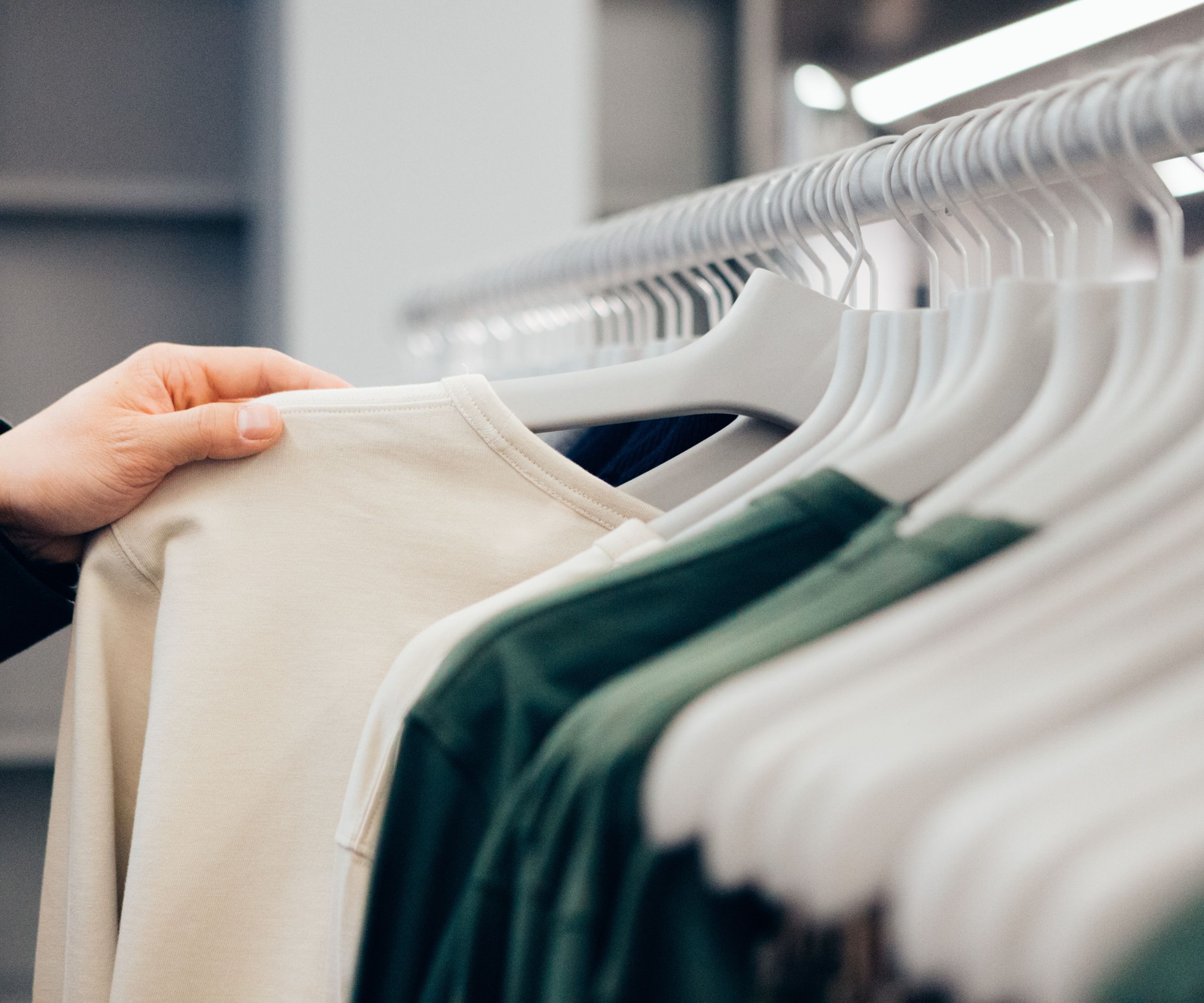
Exposing your clothes to damp or dark conditions could risk ruining them, says Ter Avest.
‘Clothing and fabrics can become moldy or infested with insects if left in the basement,’ she warns. Instead, try other clothes storage ideas, and keep your clothing in cupboards or drawers.
Moths have a way of finding their way to dark spaces and love nothing more than chewing on your clothes. Lavender scented Moth balls, available at Target, are a great deterrent.
4. Cardboard boxes
Cardboard boxes are a classic storage solution, and might seem like a good idea for your basement, but the risk of dampness means they are best kept elsewhere.
‘The most important thing about the basement is not to store anything in cardboard boxes,’ says Ben Soreff, professional organizer at House to Home Organizing. ‘There is a chance that if you live in your home for a long time, at some point the basement will flood,’ or the boxes may become damp and fall apart.
Instead, keep your items in clear plastic bins which, while not completely waterproof, are water resistant and will keep out any pests.
5. Electronics
‘Electronics can be easily damaged by moisture and temperature changes,’ says Ter Avest, which could be a fire hazard or cause them to malfunction when you next come to use them.
It’s probably worth decluttering most of your old electronics anyway, but some might be kept for sentimental reasons, in which case store them out of your basement to prevent damage.
6. Lawnmowers and power tools
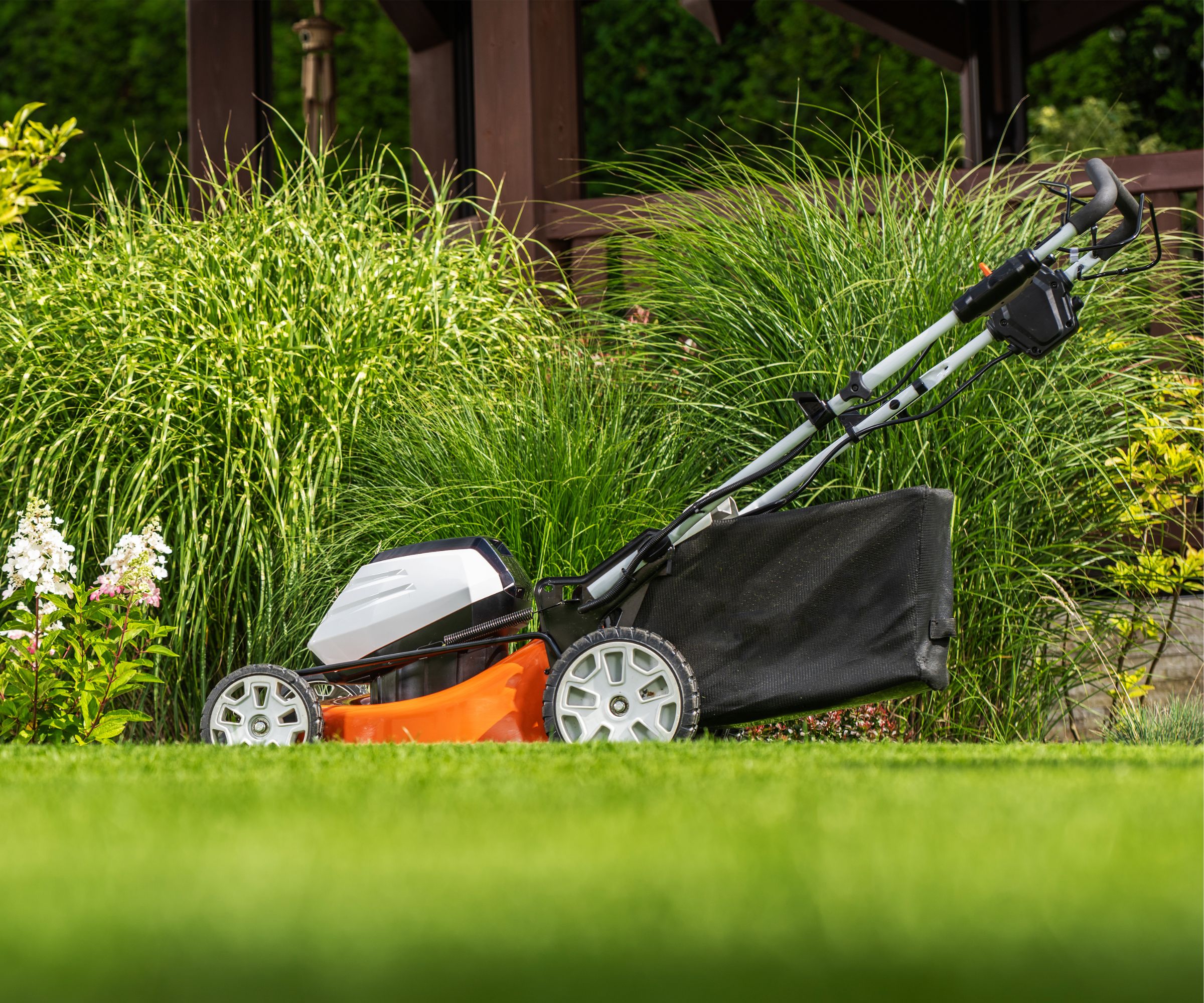
‘Never store your gas-powered lawn or power tools in your basement,’ says Jeremy Yamaguchi, CEO of Lawn Love. ‘These tools should be stored correctly in places where heat and moisture can be controlled well. It is a particularly bad idea to store these kinds of tools in your basement because of the fire risk they pose. If a gas-powered tool catches or starts a fire, a fire originating in the basement can be the most dangerous location due to how it moves upwards, which can trap people in above floors from getting out the house safely.’
With plenty of shed organization ideas and garden shed ideas out there, you can find a safe storage solution that suits you, away from your basement.
7. Exercise equipment
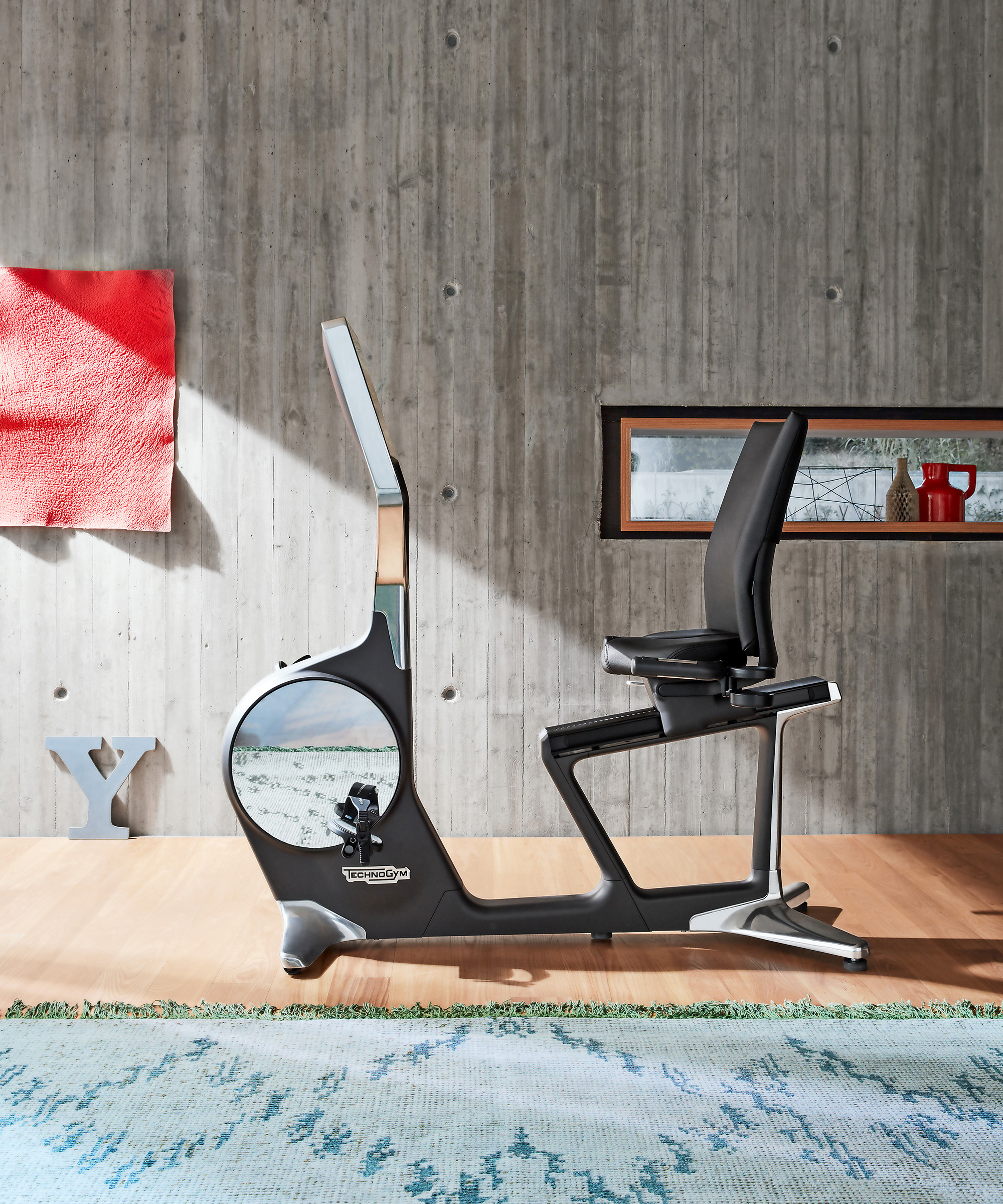
While a basement might seem a convenient space to bring your home gym ideas to life, and design and decorate a home gym, it risks ruining expensive equipment.
‘If you have gym equipment with foam padding or fabric parts, the basement’s dampness can cause it to develop mold and smell unpleasant,’ says Yanakiev. ‘Instead, keep such equipment in a well-ventilated area to maintain their condition.’
8. Wooden furniture
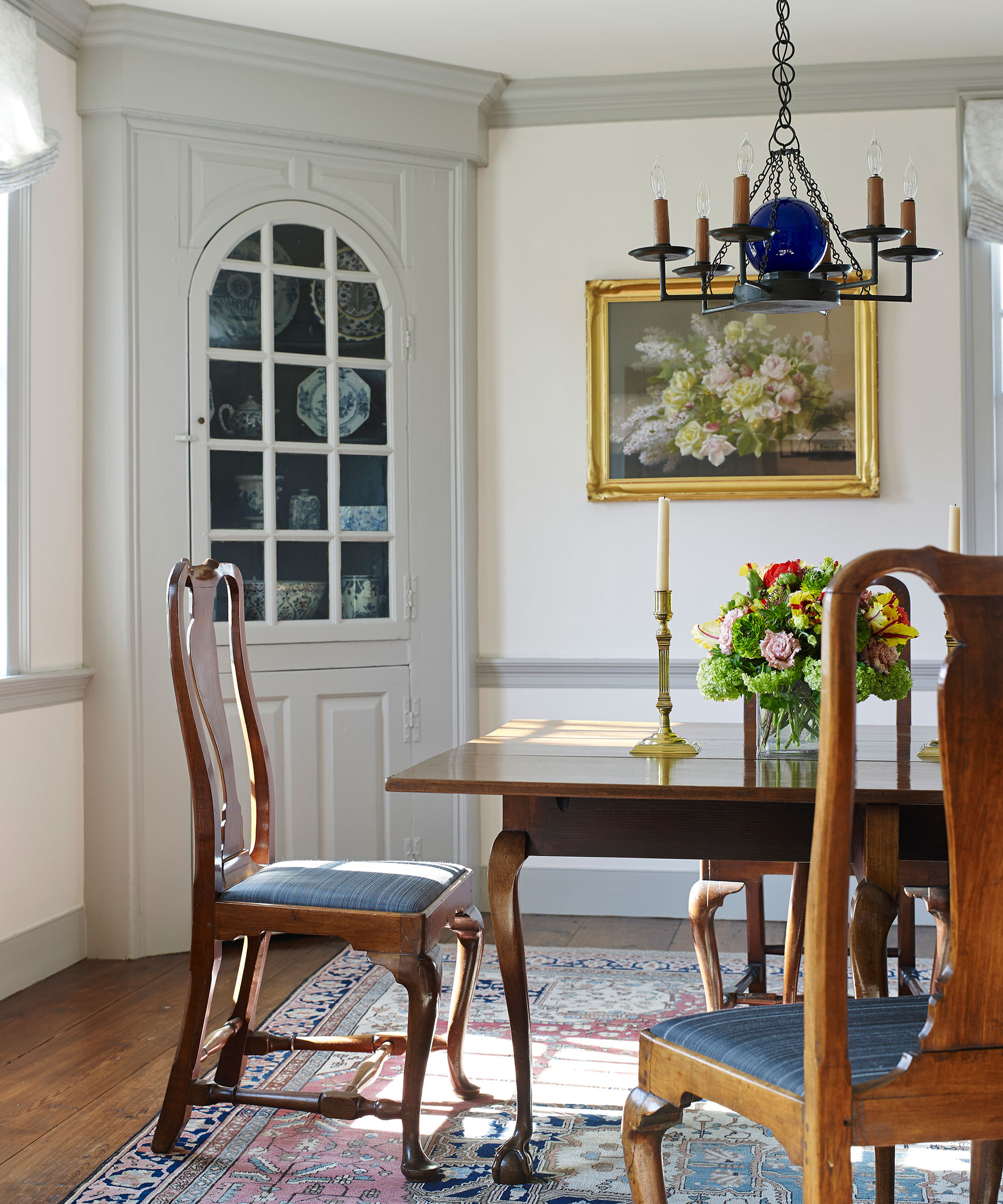
Storing your wooden furniture in your basement is advised against if you want to protect it’s condition and longevity.
‘Wooden furniture might warp, crack, or get moldy in damp conditions,’ says Ter Avest. While we’re all looking for ways to save money, spending on a climate-controlled storage unit will ensure your furniture looks its best for years to come.
The same applies for wooden furniture outdoors. Never store these on your porch unless they have been treated and are suitable for the rigors of outdoor weather conditions.
9. Propane tanks or gasoline
This one goes without saying- changing temperatures in your basement mean storing tanks in your basement is a dangerous no go.
‘Flammable materials, such as propane tanks and gasoline, should never be kept in a basement because they pose the risk of fumes, leaks and fire hazards,’ says Yanakiev. ‘Instead, store these items in a well-ventilated outdoor area, away from heat sources.’
10. Wood and charcoal
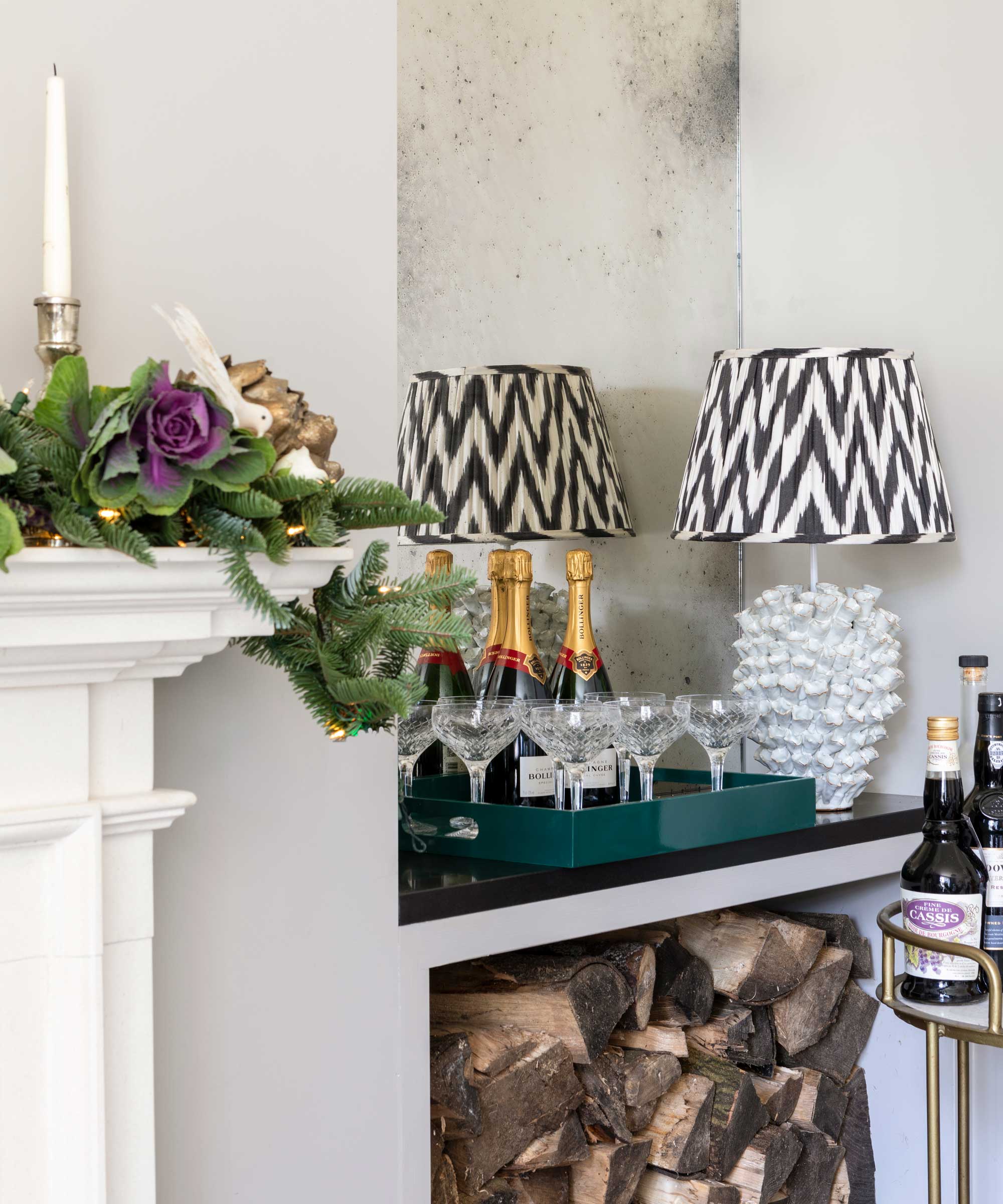
In the colder winter months, when you may have a store of wood and charcoal, experts advise against keeping these in your basement as you may risk rendering it unusable.
‘Charcoal rapidly absorbs moisture, making it difficult to light and potentially creating mold issues,’ says professional organizer and owner of Inspired Organizers Kevin Connors.
Firewood will be exposed to the same risks, so to avoid making any firewood storage mistakes, stick to storing it in your garden or store and display your firewood indoors, making it a cozy feature in your space as pictured above.
11. Books
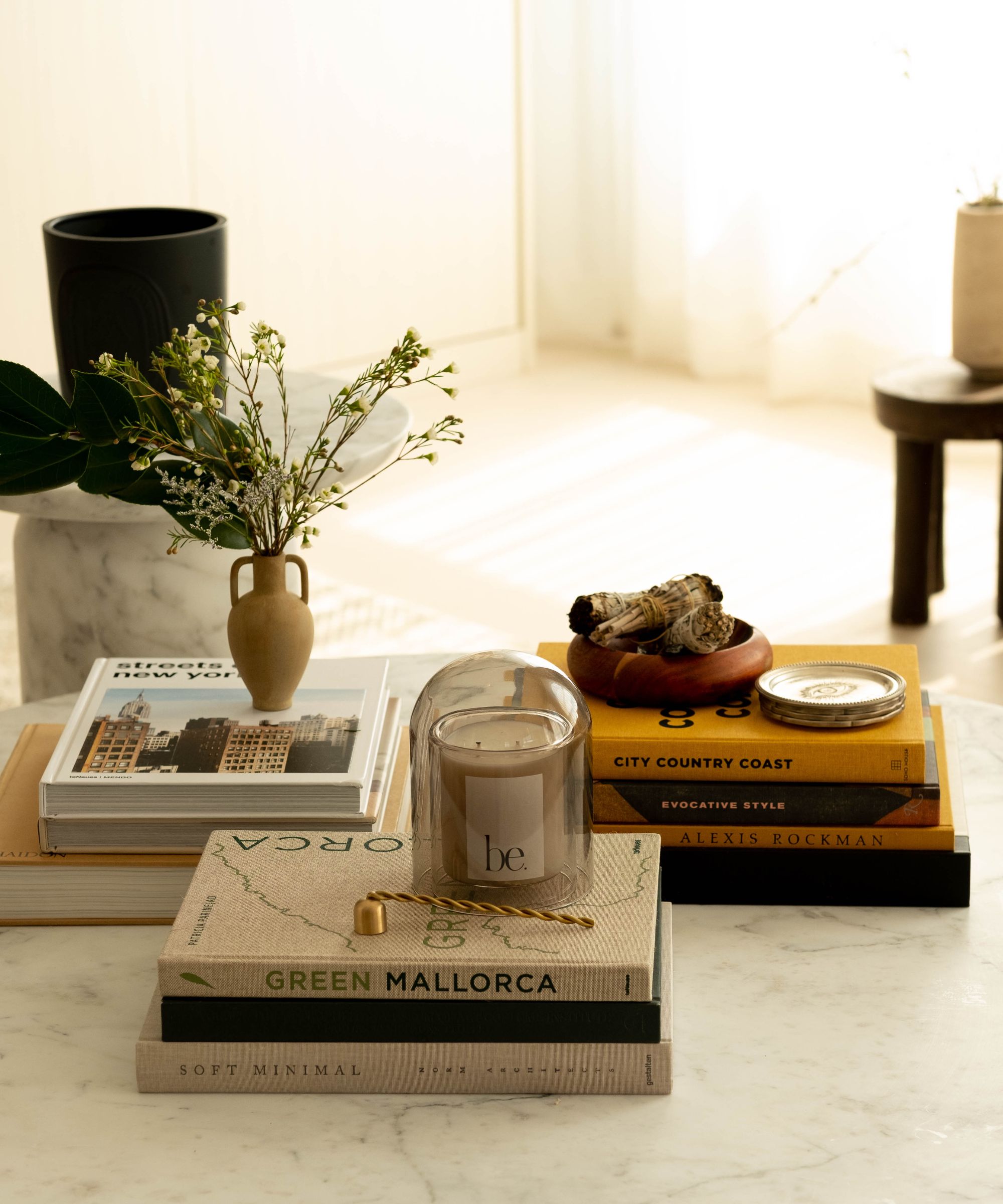
We’re all guilty of hoarding stacks of books long after we’ve read them, but if you’re looking for book storage ideas, keep them on a shelf and out of your basement.
‘Books, being made of paper, are highly sensitive to moisture and pests,’ says Ter Avest. To avoid ruining your favorite reads, opt for plastic storage bins or keep them displayed on a bookshelf as a feature in your home.
If you're looking for something a little different, delve into our unconventional book storage ideas.
12. Wine
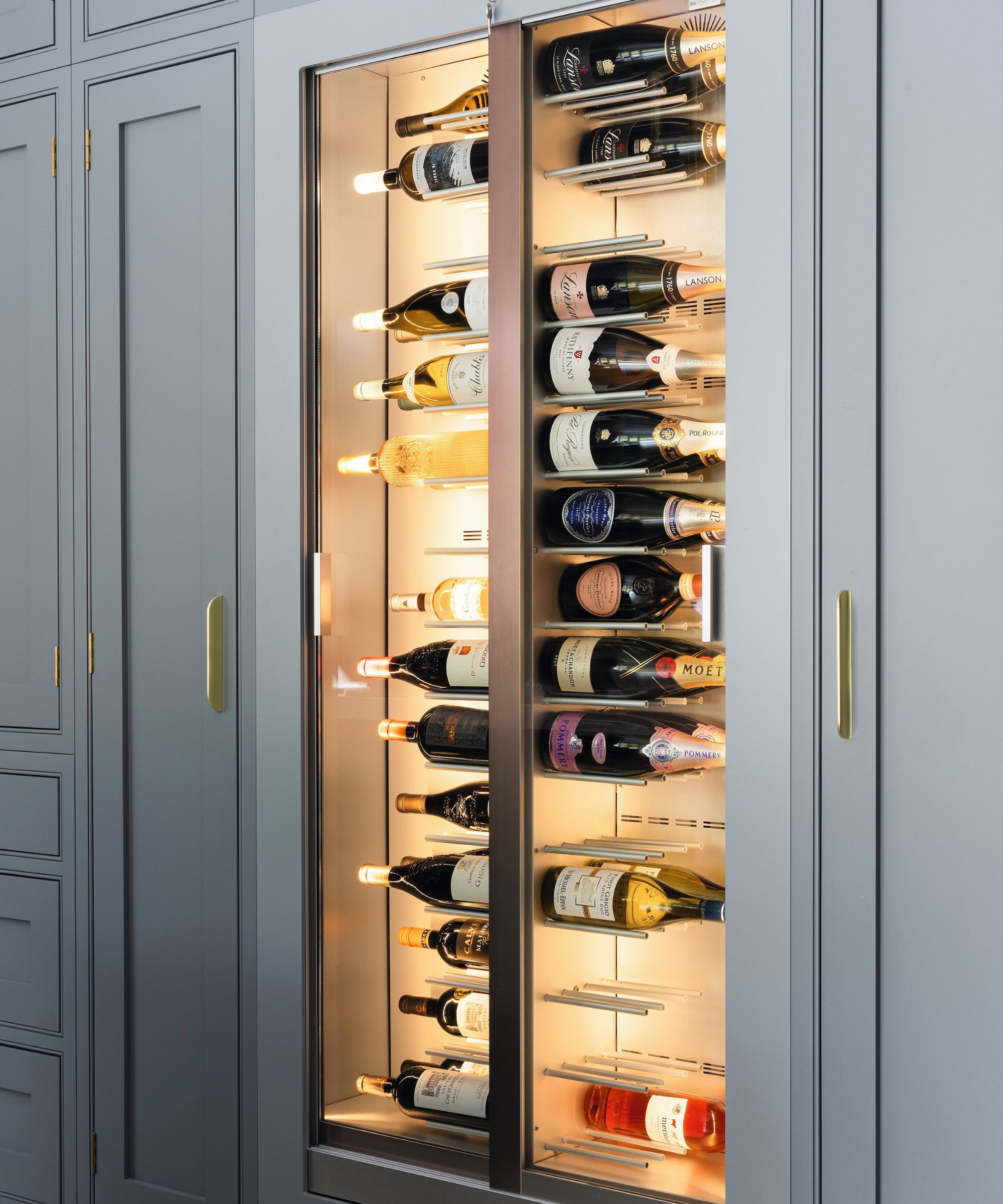
Not sure how to store wine? If you’re lucky enough to have a collection of wine at home, storing it in the basement could spoil your sip.
‘Temperature fluctuations and light exposure are prime culprits for ruining wine, in terms of taste, color and quality,’ says Connors.
Therefore, keeping your wine in a wine cellar, or in specialized wine storage, is the ideal storage location, as the temperature and light conditions will be maintained and controlled.
13. Artwork and antiques

Much like wine, storing valuable artworks and antiques in your basement risks ruining them.
‘Artworks and antiques are also vulnerable to damage from moisture, mold and temperature fluctuations,’ says Ter Avest.
Instead, display your items on your walls or shelves, or invest in specialized storage solutions.
14. Medicines and medical supplies
‘Medicines and medical supplies might lose their efficacy if the conditions are unstable,’ says Ter Avest. This could mean they’re useless, or harmful to take, so keep them stored in a medicine cabinet in the bathroom or kitchen.
15. Batteries
Most people know that batteries should be disposed of correctly but they also need to be stored properly to avoid danger.
‘Batteries are chemical items that can release harmful fumes if they’re exposed to high humidity levels for too long,’ says Yanakiev. ‘Because of that, it’s a safety hazard to store them in the basement.’
Instead, keep your batteries in a space or storage solution with proper air circulation and away from extreme temperatures, particularly as heat can cause batteries to burst.
FAQs
Can I store bedding in a basement?
In general, it’s fine to store bedding in a basement, but it’s important to do it correctly to avoid damp, mold and mildew from spreading.
Using airtight, plastic containers will help protect them against pests, dust and damp, but be sure to check them periodically to make sure they are in good condition.
You can also use storage bags which you can shrink down with your vacuum such as the Jumbo vacuum packs (20) from Amazon.
The main thing to think about when organizing your basement storage, and choosing items to store there, is the risk of flooding and damp.
‘My rule of thumb is not to put anything into basements that couldn’t stand substantial water damage,’ says Marshall Webber, CMO of Stor-It. ‘The biggest risk I can think of with basements is when the unexpected happens and a home floods.’
Next, learn what to never store in an over-the-door organizer.

Ottilie joined Homes & Gardens in 2024 as the News Writer on Solved, after finishing a Master's in Magazine Journalism at City, University of London. Now, as the Sleep Editor, she spends her days hunting deals and producing content on all things sleep – from mattresses and sheets to protectors and pillows, all of which she tests in her own home. She also has particular expertise in home fragrance, covering everything from candles to reed diffusers.
Previously, she has written for Livingetc and Motorsport Magazine, and also has a Master's degree in English Literature and History of Art from the University of Edinburgh, where she developed a love for inspiring interiors and architecture.
